
Almost Perfect Libraries by Electronic Arts


General-purpose, imperative computer programming language, supporting structured programming, lexical variable scope and recursion, while a static type system prevents many unintended operations



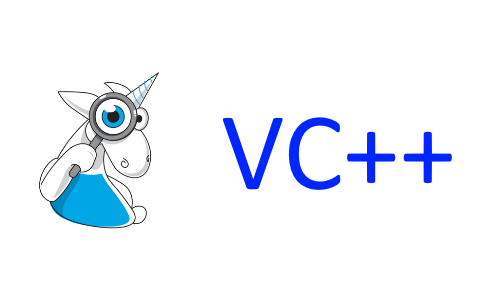



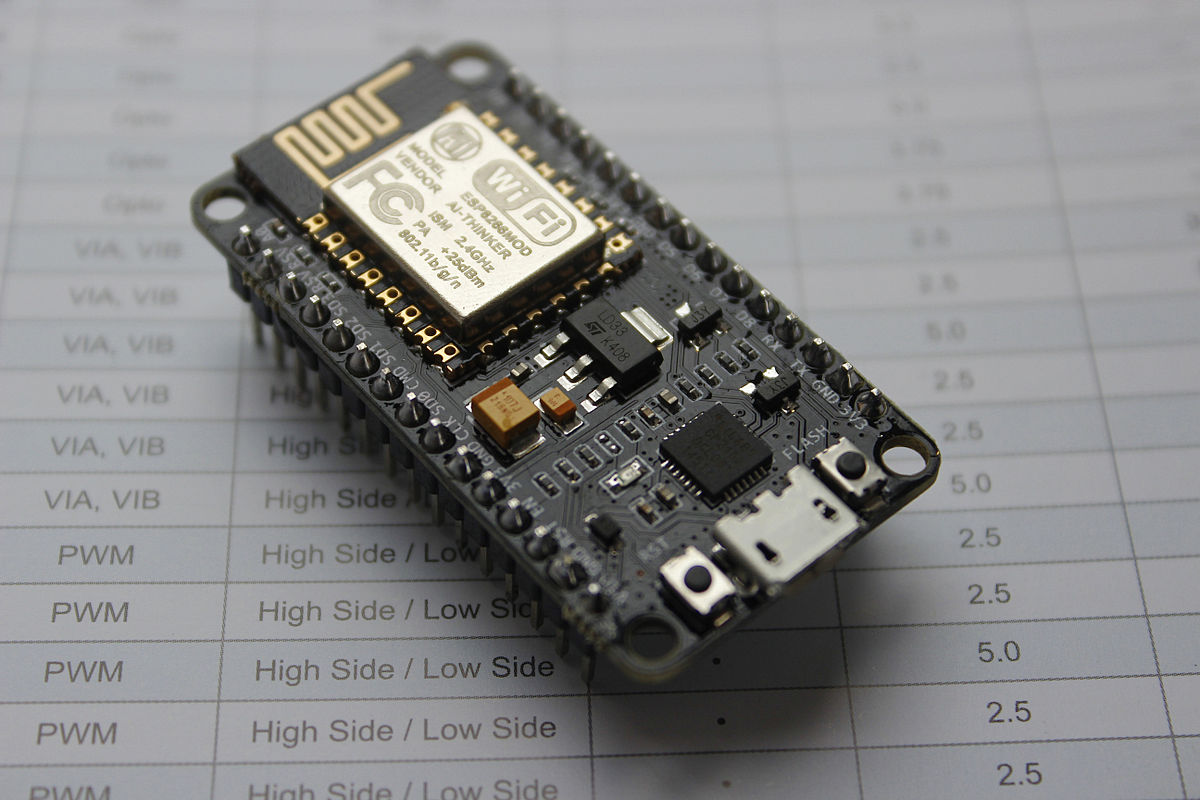
NodeMCU is an interactive firmware, which allows running Lua interpreter on the ESP8266 microcontroller (ESP32 support is in development). Alongside with all the regular hardware interfaces, it has WiFi module and SPIFFS file system.
This article describes the new module for the NodeMCU — sdm. SDM stands for simple driver model and it provides device-driver model abstraction for the system. In the first part of this article we will discuss the model itself and in the second part will be a showcase of dynamically created web user interface using sdm with some commentaries.
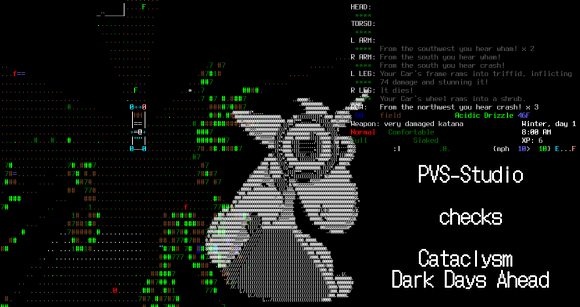
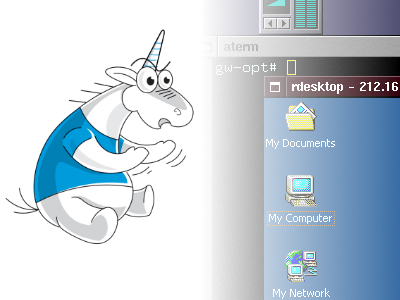


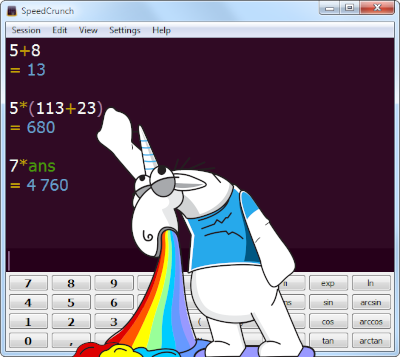

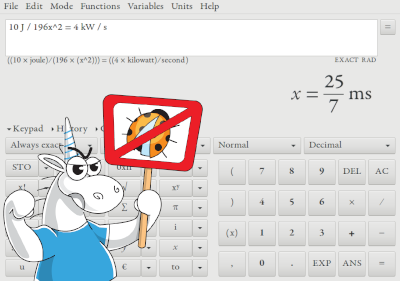
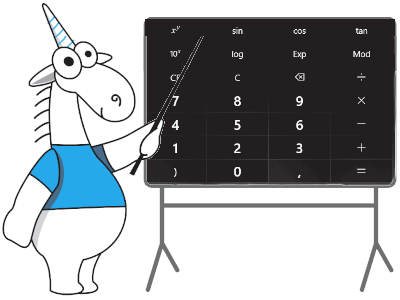

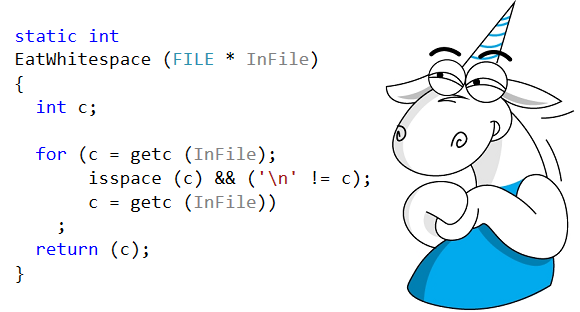
Just about the fastest portable 64-bit hash function with decent quality.
This is a translation of the original article by Leonid Yuriev.